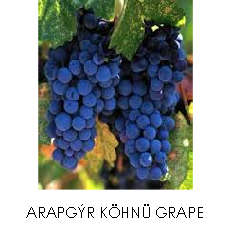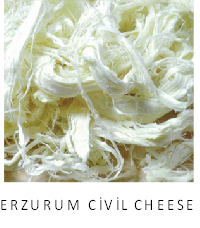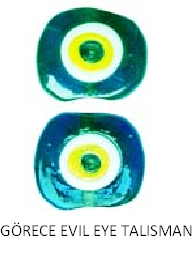So far, Turkey is only a member of Paris Convention, TRIPS Agreement and Madrid Agreement for the Repression of False or Deceptive Indications of Source on Goods.
 For the first time, in 1995, the wording “geographical signs” appeared in the legal scene of the Turkish Law. Turkey follows a sui generis regime for the protection of geographical signs through Decree Law No 555-Pertaining To The Protection of Geographical Signs, which is in force from 27th June 1995. Meanwhile, there is a Regulation for implementation of the said Decree Law by the Turkish Patent Institute (TPI).
For the first time, in 1995, the wording “geographical signs” appeared in the legal scene of the Turkish Law. Turkey follows a sui generis regime for the protection of geographical signs through Decree Law No 555-Pertaining To The Protection of Geographical Signs, which is in force from 27th June 1995. Meanwhile, there is a Regulation for implementation of the said Decree Law by the Turkish Patent Institute (TPI).
Even though Turkey had always been a country of agriculture and had numerous products that deserved to be protected as geographical signs, unfortunately until relatively recently there was little public awareness a and the state did not show enough support.
Under the main concept of “geographical signs”, there are two sub-categories in the Turkish system which are called “designations of origin'' and ''geographical indications''.
 The former one is applied, in addition to other requirements, for products where all production, processing and preperation takes place within the defined boundaries of a place, area or region; meanwhile, the latter one is applied, where at least one of the activities of production, processing or preparation of the product takes place within the defined boundaries of a place, area or region.
The former one is applied, in addition to other requirements, for products where all production, processing and preperation takes place within the defined boundaries of a place, area or region; meanwhile, the latter one is applied, where at least one of the activities of production, processing or preparation of the product takes place within the defined boundaries of a place, area or region.
At present, according to TPI records, there are 180 registered geographical signs and 210 pending applications in Turkey.
Three of the registered signs belong to foreign owners; and the list of pending applications shows that there are two applications filed by the non-Turkish owners.
According to statistics dated 30th September 2014, only 2% of registered signs belong to foreigners. Among all registered signs, 41% are registered as “designations of origin'' and the rest as ''geographical indications”.
Distribution of signs in terms of product categories shows us the following picture:

43% of registered signs are for “food”,
30% of them are for “agricultural products” ,
13% of them are for “ rugs”,
11% of them are for “handicrafts” and
2% of them are for “ minerals”.
When we look at these statistics with respect to the number of filings and registrations year by year, we see that after 2009 the number of filings gained a notable momentum and in 2012 reached its peak with 140 applications. In 1996, after establishement of the TPI, the number of filings had been only 25 and even in 1998 no application was filed.
When we categorise registrants according to their legal nature, we see in the first place Chambers of Commerce with 43 registrations; from my point of view, this situation neither matches with EU practice nor does it correspond to the nature, dynamics and realities of GIs. Only four of the registrations belong to associations of producers, even though the best structure for geographical sign registrations is registering them in the name of associations established by the producers.

Özlem Fütman is a member of the MARQUES GI Team and a lawyer with Ofo Ventura in Istanbul
 Issue 056
Issue 056
 Issue 056
Issue 056